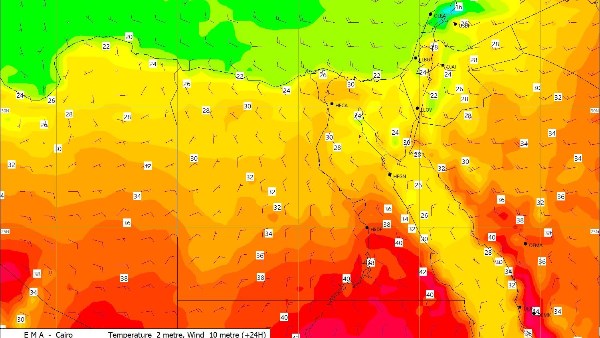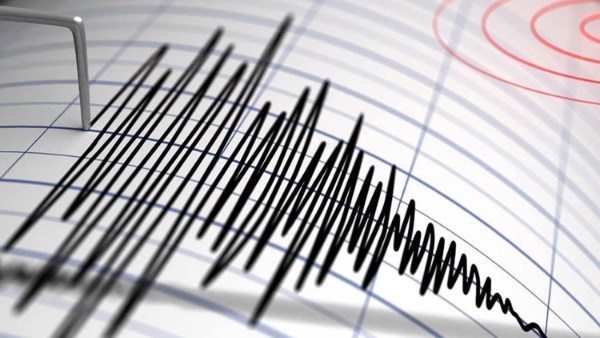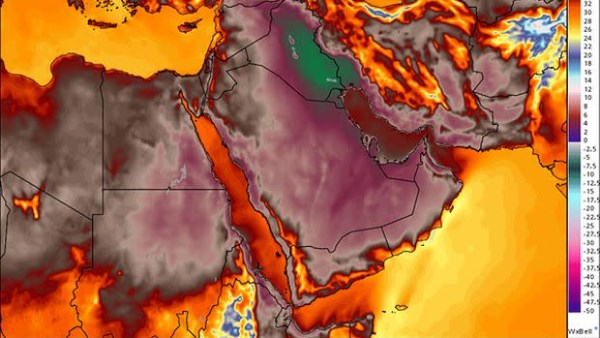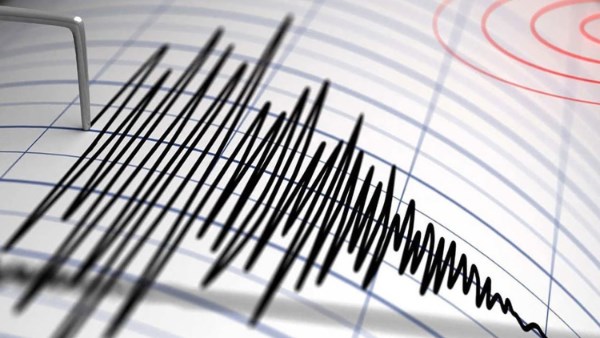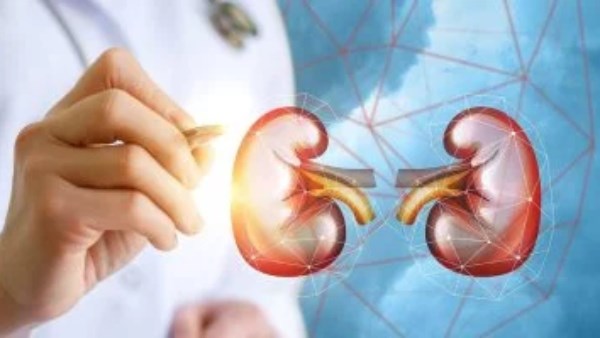Teen so allergic to water showers can cause burning rash :Pictures

A 17-year-old teen is so allergic to water that even sweating can cause a potentially deadly burning rash.
Alexandra Allen, from Utah suffers with the condition aquagenic urticaria, which is so rare it affects just 35 people in the whole world.
Showers have to be quick and cold - long soaks in the bath are out of the question because they trigger burning inflammation.
The symptoms can last from a few hours to a week after exposure, reports Deseret News.
Alexandra first realized she had the condition when she developed hives after spending time in a hot tub while on vacation.
Then she was admitted to hospital with internal bleeding and painful joints, and unable to breathe after a trip to Flaming Gorge which has water activities.
It took a while for her diagnosis to be made.
When Elizabeth was about 15 she came across a medical site that discussed aquagenic urticaria - when she suggested it to her dermatologist he agreed that it was her condition.
She now avoids water as much as she can.
'It's not worth it anymore,' Alexandra said to Deseret News.
'It's both emotionally strenuous and physically painful. I can't let myself go there.'
Although sweat is dangerous, she now works against it by exercising only in cooler temperatures to keep her body from producing too much oil, sweat.
It also helps as less sweating means she won't have to shower as she is only allowed three a week.
'It feels like your skin has been sandpapered down until there's only one layer left and it itches, but you can't itch it or it will break and burn and bleed,' she said.
'You just feel like you've been dipped in a vat of acid, not for long, but for long enough to tear off a layer of skin.'
The condition, which can in some people trigger potentially a deadly anaphylactic shock, usually gets worse as sufferers get older.
Investigators believe the hives are not caused by a histamine release but are the result of extreme skin sensitivity to additives in water such as chlorine.
There is no proven treatment, but dermatologists recommend staying out of the water as much as possible.
Sufferers should also take short showers, stay cool and avoid rain.
Dermatologists say those with the condition can ease the burn of the hives with certain antihistamines.
But Alexandra is determined not to let the condition hold her back - 'I think I'm lucky, compared to a lot of other diseases I could have had,' she said.
'At least this is tolerable and manageable.'




